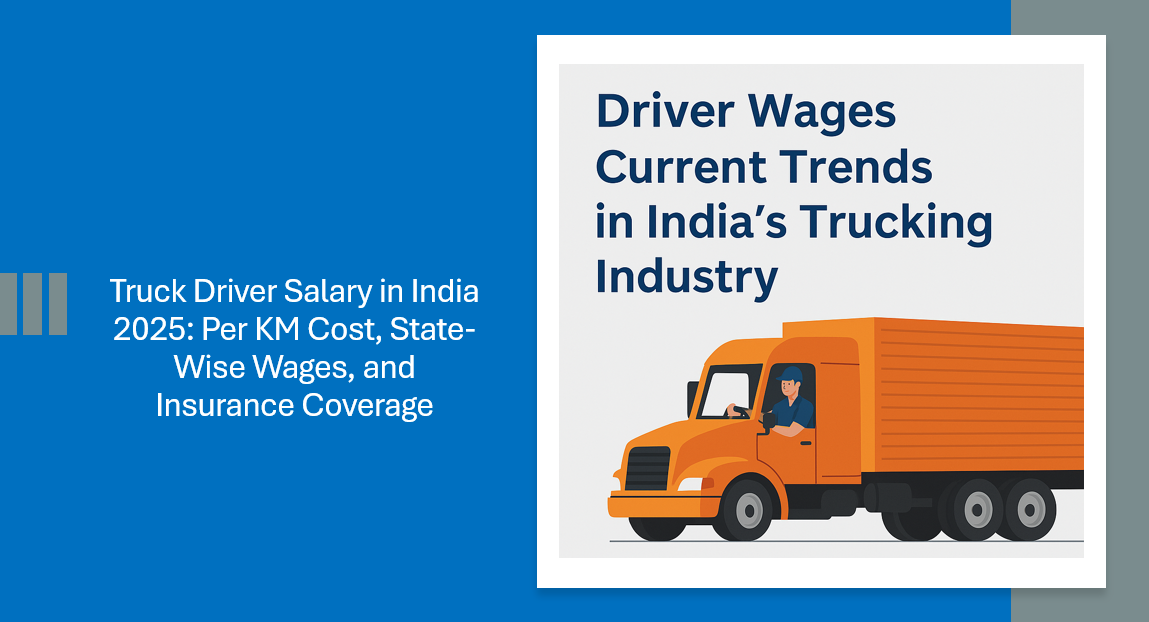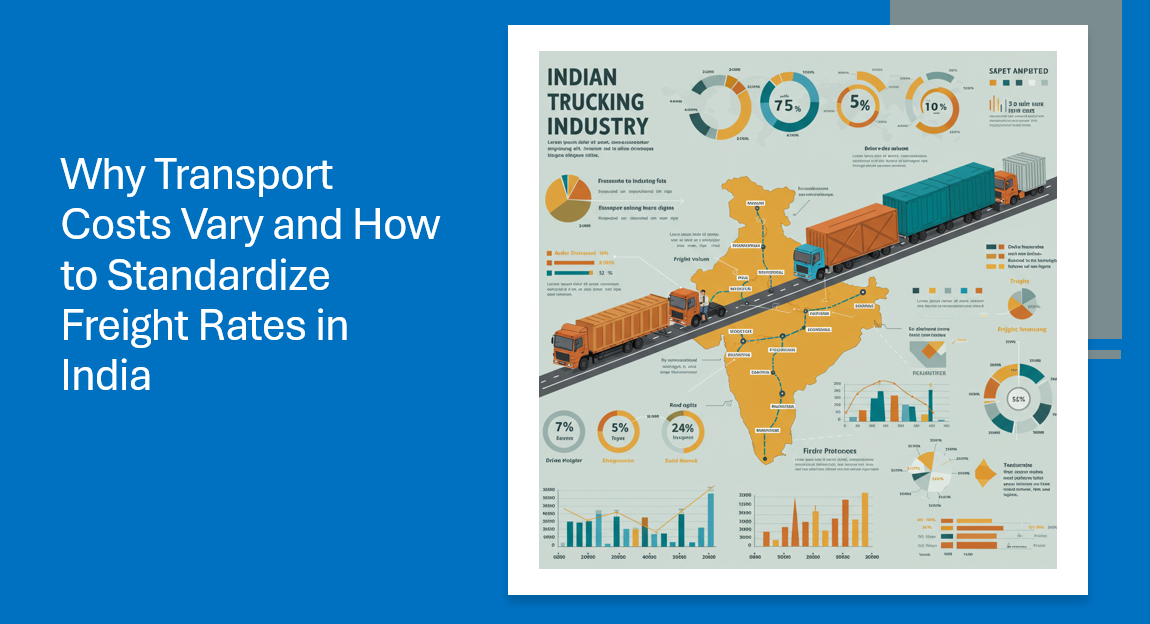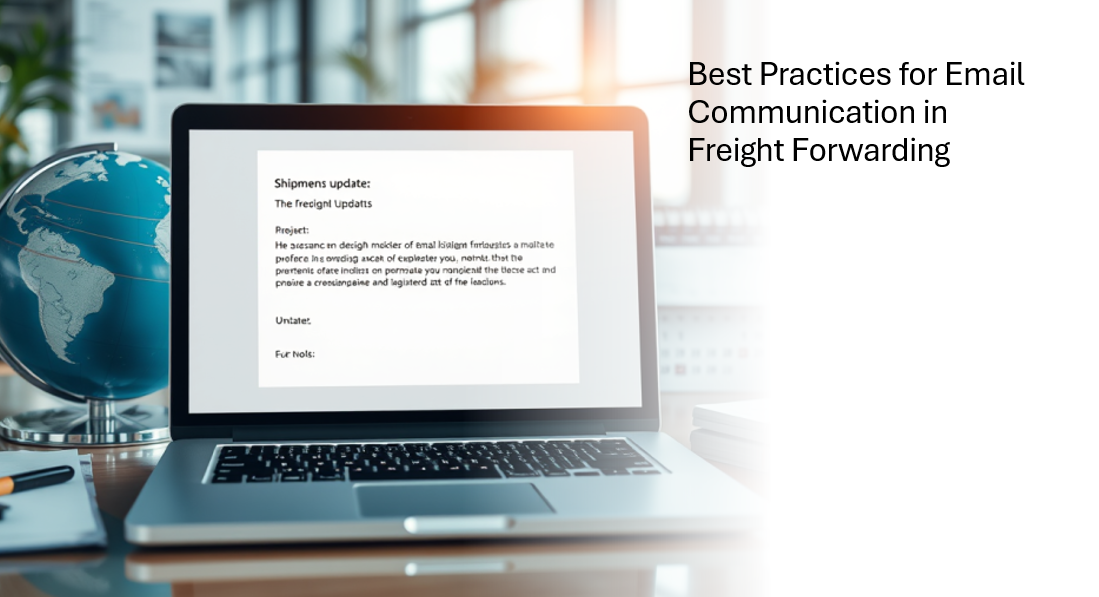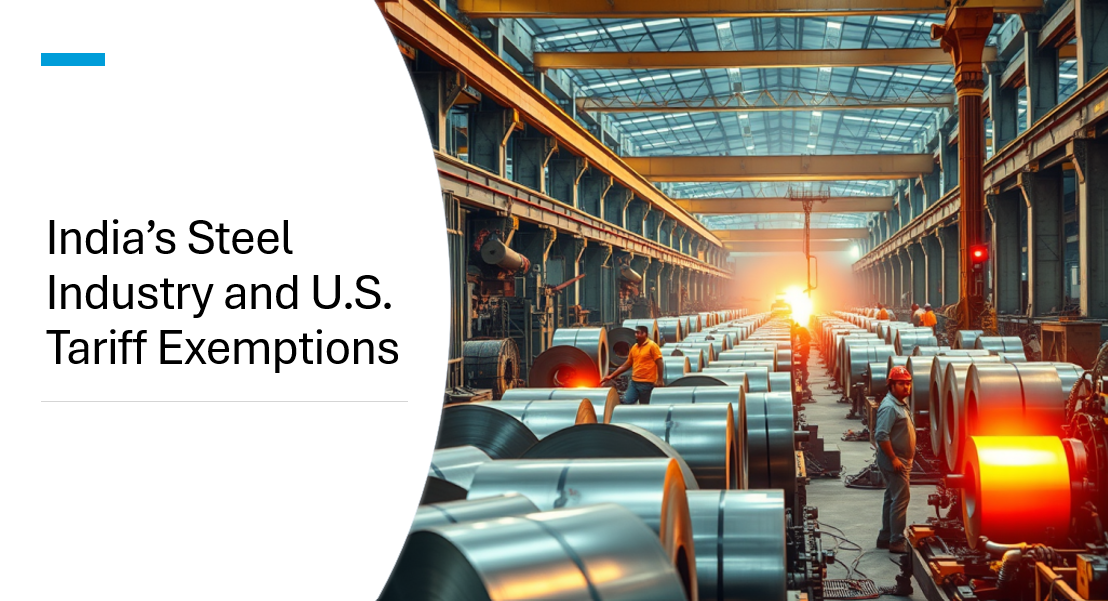Introduction:
The Indian trucking industry plays a crucial role in the nation’s economic growth, facilitating the transportation of goods across the vast expanse of the country. However, the industry faces significant challenges, including accidents and cargo theft, which can have devastating consequences for businesses and the economy. The lack of proper monitoring systems exacerbates these issues, making tracking drivers and cargo in real time difficult.

Problem Statement:
This article delves into the pain points associated with accidents and cargo theft and explores how AI-powered solutions can revolutionize the industry by enhancing safety and security.
Accidents in the Indian trucking industry pose a severe threat to the safety of drivers, cargo, and other road users. According to a report by the Ministry of Road Transport and Highways, nearly 25% of all road accidents in India involve trucks or other heavy vehicles. These accidents often result in loss of life, property damage, and substantial financial losses for businesses.

Cargo theft, on the other hand, is a significant concern for logistics companies and their clients. The absence of real-time monitoring systems makes it challenging to track the movement of cargo, leaving it vulnerable to theft and pilferage. This not only leads to financial losses but also disrupts supply chains and erodes customer trust.

Analysis of Pain Points:
The pain points associated with accidents and cargo theft in the Indian trucking industry can be attributed to several factors:
Human Error: Fatigue, distraction, and reckless driving are common causes of accidents involving trucks. Long hours on the road and lack of proper rest can lead to driver fatigue, increasing the risk of accidents.
Poor Road Infrastructure: India’s vast road network includes many stretches with inadequate infrastructure, such as narrow roads, poor lighting, and lack of proper signage, contributing to accidents.

Lack of Real-Time Monitoring: The absence of real-time monitoring systems makes it difficult to track the location and movement of trucks and cargo, leaving them vulnerable to theft and pilferage.

Inadequate Security Measures: Many logistics companies lack robust security measures, such as GPS tracking, tamper-evident seals, and security escorts, making it easier for criminals to target and steal cargo.
Possible Solutions without AI:
While the challenges of accidents and cargo theft are significant, some solutions can be implemented without the aid of AI:

Driver Training and Awareness Programs: Providing comprehensive training to drivers on safe driving practices, fatigue management, and defensive driving techniques can help reduce the risk of accidents.
Improving Road Infrastructure: Investing in better road infrastructure, including wider lanes, proper lighting, and clear signage, can enhance road safety and reduce the likelihood of accidents.
Physical Security Measures: Implementing physical security measures such as secure parking facilities, security escorts, and tamper-evident seals can deter cargo theft and provide an additional layer of protection.

Real-Time Tracking Systems: Deploying GPS-based tracking systems can help logistics companies monitor the movement of trucks and cargo, enabling quicker responses in case of emergencies or theft incidents.

Possible Better Solutions with AI:
While the aforementioned solutions can certainly help mitigate the issues of accidents and cargo theft, AI-powered solutions offer a more comprehensive and advanced approach:

AI-Powered Driver Monitoring Systems: AI-based systems can continuously monitor driver behavior, fatigue levels, and driving patterns. These systems can alert drivers and fleet managers when risky behavior or fatigue is detected, enabling timely intervention and preventing potential accidents.
AI-Assisted Route Optimization: AI algorithms can analyze real-time traffic data, weather conditions, and road infrastructure information to recommend optimal routes that minimize the risk of accidents and ensure timely delivery.

AI-Powered Cargo Monitoring: AI-enabled sensors and cameras can monitor the condition and location of cargo in real time, detecting any tampering or unauthorized access. These systems can also integrate with blockchain technology to create an immutable record of cargo movement, enhancing transparency and accountability.
AI-Based Predictive Maintenance: AI can analyze data from various sensors and maintenance records to predict potential vehicle breakdowns or component failures, enabling proactive maintenance and reducing the risk of accidents caused by mechanical issues.

AI-Powered Video Analytics: AI-based video analytics systems can monitor live video feeds from cameras installed in trucks and along transportation routes, detecting potential threats, suspicious activities, or unsafe driving behaviours, and alerting authorities or fleet managers accordingly.
Implementation of AI Solutions:
AI-powered solutions in the Indian trucking industry requires a collaborative effort from logistics companies, technology providers, and government agencies. Here’s a high-level overview of the implementation process:

Data Collection and Integration: Gathering and integrating data from various sources, such as vehicle sensors, GPS trackers, weather data, and traffic patterns, is crucial for training AI models and enabling real-time analysis.
AI Model Development: Leveraging machine learning and deep learning techniques, AI models can be developed and trained to analyze the collected data and provide insights for accident prevention, cargo monitoring, route optimization, and predictive maintenance.

Infrastructure Setup: Deploying the necessary hardware and software infrastructure, such as cameras, sensors, communication networks, and cloud computing platforms, to support the AI solutions.
Pilot Testing and Refinement: Conducting pilot tests with a subset of the fleet to evaluate the performance of the AI solutions, identify potential issues, and refine the models and systems as needed.
Large-Scale Deployment: Rolling out the AI solutions across the entire fleet and logistics operations, ensuring seamless integration with existing systems and processes.
Continuous Monitoring and Improvement: Regularly monitoring the performance of the AI solutions, collecting feedback from stakeholders, and continuously updating and improving the models and systems to adapt to changing conditions and requirements.
Challenges:
While AI-powered solutions offer immense potential for addressing the pain points of accidents and cargo theft, their implementation is not without challenges:

Data Quality and Privacy: Ensuring the quality, accuracy, and privacy of the data used for training AI models is crucial. Proper data governance and security measures need to be in place.
Integration with Legacy Systems: Integrating AI solutions with existing legacy systems and processes can be challenging, requiring careful planning and change management.

Regulatory Compliance: Adhering to relevant regulations and guidelines related to data privacy, cybersecurity, and AI ethics is essential for successful implementation.
Cost and Return on Investment (ROI): Implementing AI solutions can be capital-intensive, and demonstrating a clear ROI to stakeholders may be challenging in the initial stages.
Cultural Resistance and Skill Gap: Overcoming cultural resistance to change and addressing the skill gap within the workforce to effectively leverage AI solutions is crucial.

Conclusion:
The Indian trucking industry faces significant challenges in the form of accidents and cargo theft, which can have severe consequences for businesses and the economy. AI-powered solutions offer a transformative approach to addressing these pain points by enabling real-time monitoring, predictive analytics, and intelligent decision-making.
By leveraging AI-powered driver monitoring systems, route optimization, cargo monitoring, predictive maintenance, and video analytics, logistics companies can enhance safety, reduce accidents, and minimize cargo theft incidents. However, successful implementation requires a collaborative effort, data quality, integration with existing systems, regulatory compliance, and addressing cultural resistance and skill gaps.
With the right strategy, investment, and commitment, the Indian trucking industry can embrace the power of AI and pave the way for a safer, more secure, and more efficient future.

Call-to-Action:
Logistics companies and industry stakeholders in India should take proactive steps to explore and adopt AI-powered solutions to address the pressing challenges of accidents and cargo theft. By doing so, they can ensure the safety of drivers, cargo, and other road users, while also protecting their businesses from financial losses and reputational damage. The time to act is now, as the future of the Indian trucking industry depends on embracing cutting-edge technologies like AI.

Embracing AI-driven solutions is not merely a choice but a necessity in the rapidly evolving landscape of the Indian trucking industry. By harnessing the power of AI, companies can gain a competitive edge, enhance operational efficiency, and position themselves as leaders in a future-proof industry.
The road to transformation may be challenging, but the potential rewards are immense. Companies that take the lead in adopting AI solutions will not only safeguard their operations but also contribute to the overall growth and prosperity of the nation’s economy.

It is time for logistics companies and industry stakeholders to engage in constructive dialogues, collaborate with technology partners, and invest in the necessary infrastructure to pave the way for a safer, more secure, and more efficient trucking industry. The future is now, and the power of AI awaits to be unleashed, ushering in a new era of unprecedented safety and security.
Stay tuned for more insights on how AI is reshaping the future of Trucking, logistics, and supply chain management. Together, let’s embark on a journey towards smarter, more connected, and more efficient Follow My LinkedIn
Kalaiselvan Vasudevan| Professional Logistics Solutioneer | LinkedIn
Big thanks to all the LLMs Models and their Founders! You’ve created some amazing AI tools that have inspired me to become a Blog Writer, Digital Artist, and Prompt Engineer! 🚀 #OpenAI #CopilotAI #DesignerAI #Claude2 #GoogleGemini #llama2 #AllOpenSourceAIModels #Grammarly #LinkedIn 🎨📝
#TruckingRevolution #AILogisticsWizards #MaximizedEfficiency #GreenHauling #FutureOfFreight







Leave a Reply